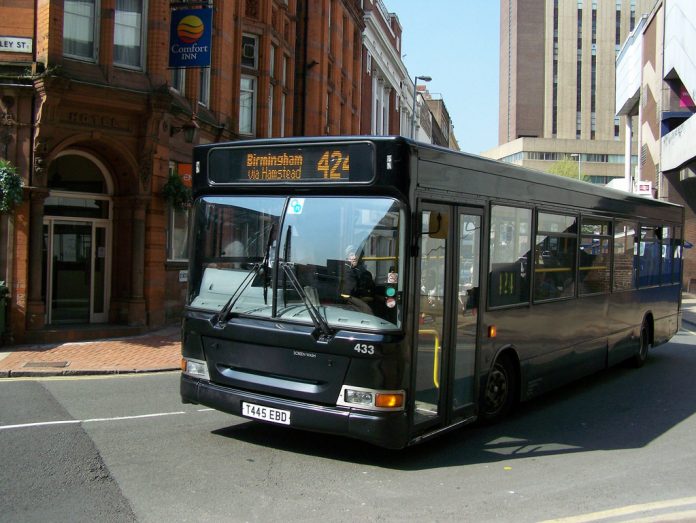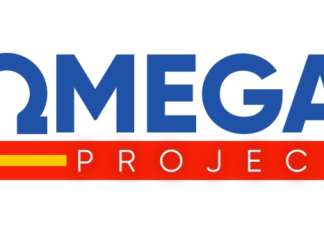The bus booking platform Buster whose last round was in 2016, has been acquired by Chicago-based Busbank, a booking engine for group transportation. The terms of the transaction have not been disclosed to the public.
Buster was founded in 2012 by Matthew Kochman, a former General Manager for Uber in NYC, who left Buster in 2016. The company had raised $4.1M over three rounds and investors in the company include General Catalyst, Allen & Company, Red Sea Ventures, and Brand New Matter.
“Everyone from the admin who plans company trips to the association organizing a major convention knows the pain of booking group transportation,” said Buster CEO Harald Kruse. “This market is demanding more technology, and we’re bringing it to them.”
According to a more recent press release announcement, the acquisition will create a simple booking experience similar to what travelers use for booking plane tickets, rental cars, and other travel products, whether they’re booking a single party van or a fleet of 100 buses.
“This is confusing and overwhelming for human resource teams, event planners, and everyday people who need to make a simple booking for bus transportation,” said BusBank General Manager Brandon Dudley. “Our approach at solving this problem brings simplicity, reliability, and industry experience to group travel planning.”
Some business analysts suggests that this acquisition has been a fire sale or acqui-hire situation having in mind some factors including the decrease in web traffic by 44% in June (when only 10% of that traffic was coming from the US) as shown by data from SimilarWeb, and the lack of information about the acquisition in previous official press release statements by the companies.
BustBank reports a footprint of 135 metro areas and a three-step booking process for group vehicle bookings: entering an inventory, selecting a bus type and reserving.
On the other hand, Buster has developed a network of buses, limousines, vans and other vehicle service suppliers. It uses those suppliers’ pricing to create market prices in their areas of services.






























